Ghulam Nabi Dar: The Magical Hands
Congratulations to Shri Gulam Nabi Dar Ji on being conferred with the prestigious Padma Shri Award in the field of Art.
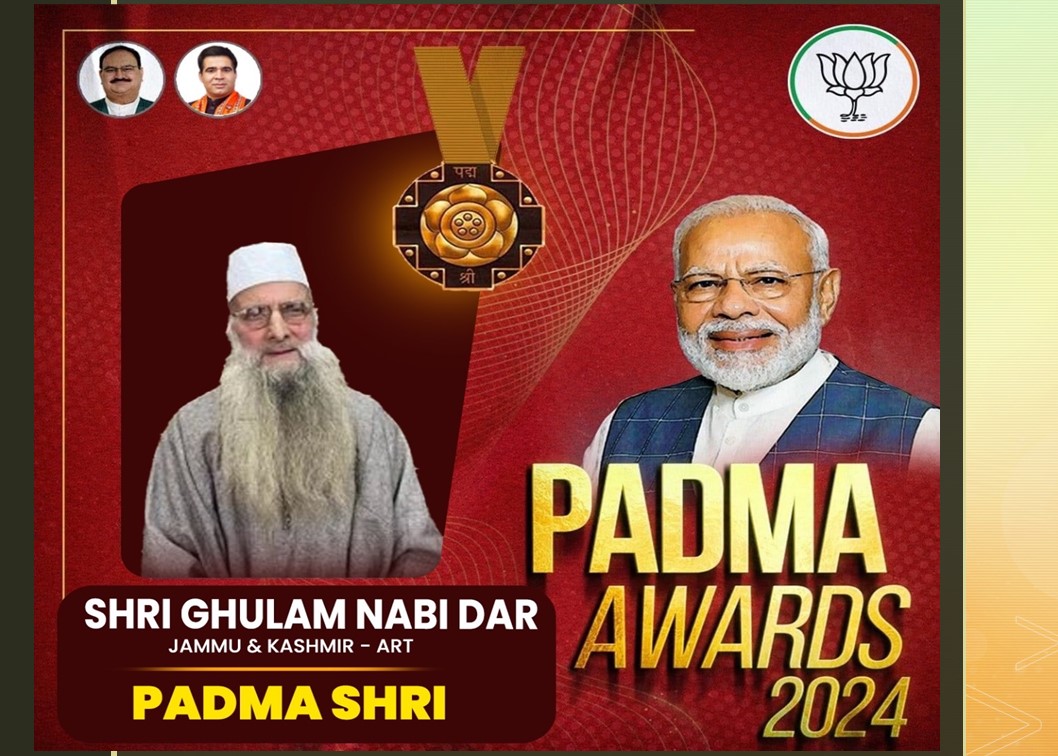
As I walk through the by-lanes of Shehr-e-Khass, I come to hear of a master artisan of repute, one who is known for his ability to conjure magic out of plain planks of walnut wood. He lives in an old double storied house in Safakadal the windows of which are battered and covered by sheets of polythene which blows away at the slightest breeze. As I walk into his dimly lit room (which he calls his Karkhana or workshop), a streak of light illuminates his face, his white beard and the silhouette of his grey Kurta Pajama. He is completely lost in his own world, carving out the intricacies of a tree which demands his full attention.
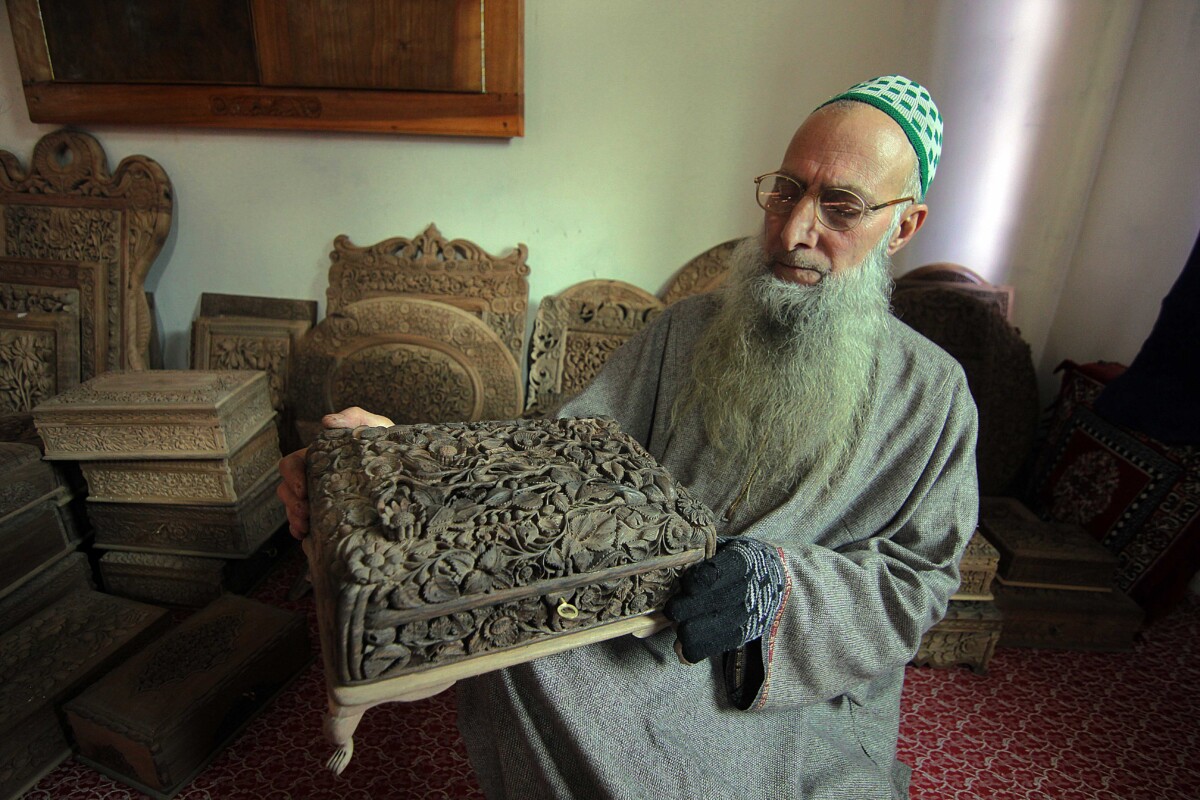
The old bespectacled man, Ghulam Nabi Dar, is caught completely unaware of my presence. The constant drumming of his tools against planks of wood begins to sound like a melodious rhythm as my ears get accustoms to their regular beats. He greets me with a smile on his face, in all courtesy and hospitality. In the backdrop, one can see a wall hanging half done, capturing the breathtaking Manzar (scene) of the world famous Dal Lake. The room is messy. To us it may look cluttered, but to him it is a piece of heaven where he could sit all day long, doing what he loves, completely unaware of the complexities of the world that surround him. I observe him working on a box, the elaborate detailing of which leaves me totally awestruck. He captures even the tiniest veins of a leaf with a whole multitude of tools which he sifts through to find the best fit. Chunks of walnut wood come off as he strikes the box, digging out the famous undercut. He carefully brushes them away, his face focused and passionate for the love of his work.
He occasionally leans against the wall of boar, shutting his eyes and imagining different patterns and designs which he then carves out with utmost skill and precision. “When I shut my eyes, manzars (scenes) of various flowers and landscapes flash before my eyes, as if waiting for me to draw them”, he explains. He goes on to tell us how the beauty of nature always mesmerized him. He used to and still visits “Poushbaags” (gardens of flowers) to be inspired from master strokes of Mother Nature. He goes on to explain the process that has gone into the making of the box that he is currently working on. He first cuts the planks of walnut wood to form the four sides of a box and its lid.
Once compiled, he starts the “Likhai” (drawing the designs on the planks with a pencil). The designs are then marked with his tools. Finally, he starts the meticulous process of digging out the zameen (base), which is known as undercut. Currently this box is going through this long phase. The last step would be to mark and cut its edges so that the box opens up for its proud owner. The Story of Personal Struggle: When asked about his life, Ghulam Nabi Sahab breaks away from his work, reclines against the wall of boar, takes a deep breath and narrates the struggles and milestones of his 63 year long life. “My father, whom I called BabaSaheb had dreamt that I learn a good skill and put it into practice. He wanted me to learn the real craftsmanship which Kashmir has long been famous for. And even though he wasn’t in the craft of Walnut Wood himself, looking back at my life makes me realize that it was him who was my real Ustadh (mentor) and he did all that was in his power to encourage, help and motivate me at a time when extreme poverty had taken its toll on our family”.
He pauses, recollecting his past and the highs and lows of life. “At the onset of my career, when I was 14 years old, I used to sit with two Wostekaars (Master artisans). I was completely raw and didn’t even receive proper education because of tough times. It was these artisans who initially taught me whatever little they knew. At their workshop, I would earn Rs 1.15 per day. After this, I joined another Karkhana which added another drop to my know how of basic technicalities of walnut wood carving. However, soon I realized that the real master artisans, who would teach me to work out wonders were not available and it was then that I realized that I had to put in my own individual effort into this work if I really wanted to learn the Kasab (skill).I left this Karkhana and started paying frequent visits to some old and experienced Kaarigars who would reside in Rainawari that time. It was there that I met the Ustadh who would change my life forever. His name was Noor-ud-din Tikoo. It was this man who proved to be my mentor. He recognized my ability to learn and master the art which he had already mastered over time. I feel indebted to this man for he taught me everything he knew.
From Likhai (drawing) and its types – leaf, chinar, pamposh, jungle, dragon and much more to undercuts, he didn’t conceal anything. After passing the light of his knowledge to me, he passed away.” He pauses for sometime, the pain of losing his Ustadh still evident from his face. “With the loss of my mentor, I was left all on my own again and had to burn midnight oil to learn the details of my work. I was inspired by an artisan who shares my fathers name, Ali Mohammed Dar. His work was such that it would steal my heart away. Today, he is very old and not able to work anymore.” He goes on to say. “The gloomy days of my life were over. When I developed my skills, a reputed company from the valley approached me. They had an eye for real craft. They showed me antique works in walnut wood to give me ideas. It was then that I started my own work and developing my own designs, which were exclusive and unprecedented. I didn’t make the usual stuff. Rather, I focused my energies on unique stuff – one that takes approximately 2 to 6 months to craft. Since these are the most exuberant pieces in walnut wood, it takes a real art lover to recognize our work ”. He is proud of the work he does. He believes that once you put your heart to a craft, it fetches you immense respect and recognition throughout the world. And we agree with him. He beams at me as he bids me farewell, saying he feels pleased and privileged when people come to meet him. I share his happiness!
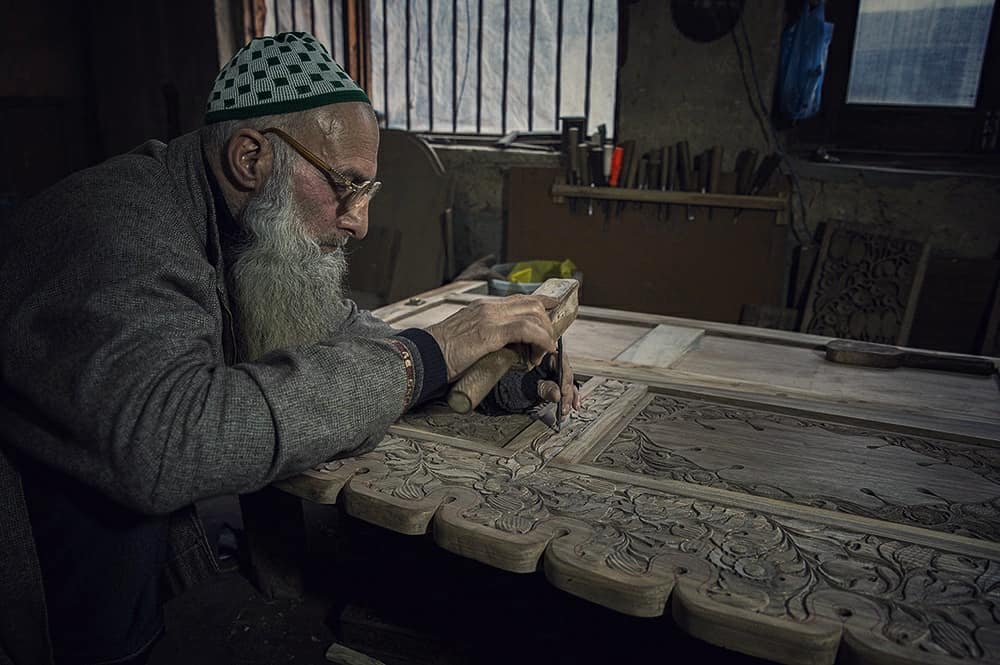
-
Table Hand Carved Walnut Wood
-
Walnut Black Pen₹2,500.00
-
Walnut Bowl₹2,500.00
-
Antique Wooden Clock₹2,900.00
-
Antique Walnut Tray₹5,000.00
-
Product on saleHand Crafted Holy Book Stand BoxOriginal price was: ₹19,700.00.₹15,000.00Current price is: ₹15,000.00.
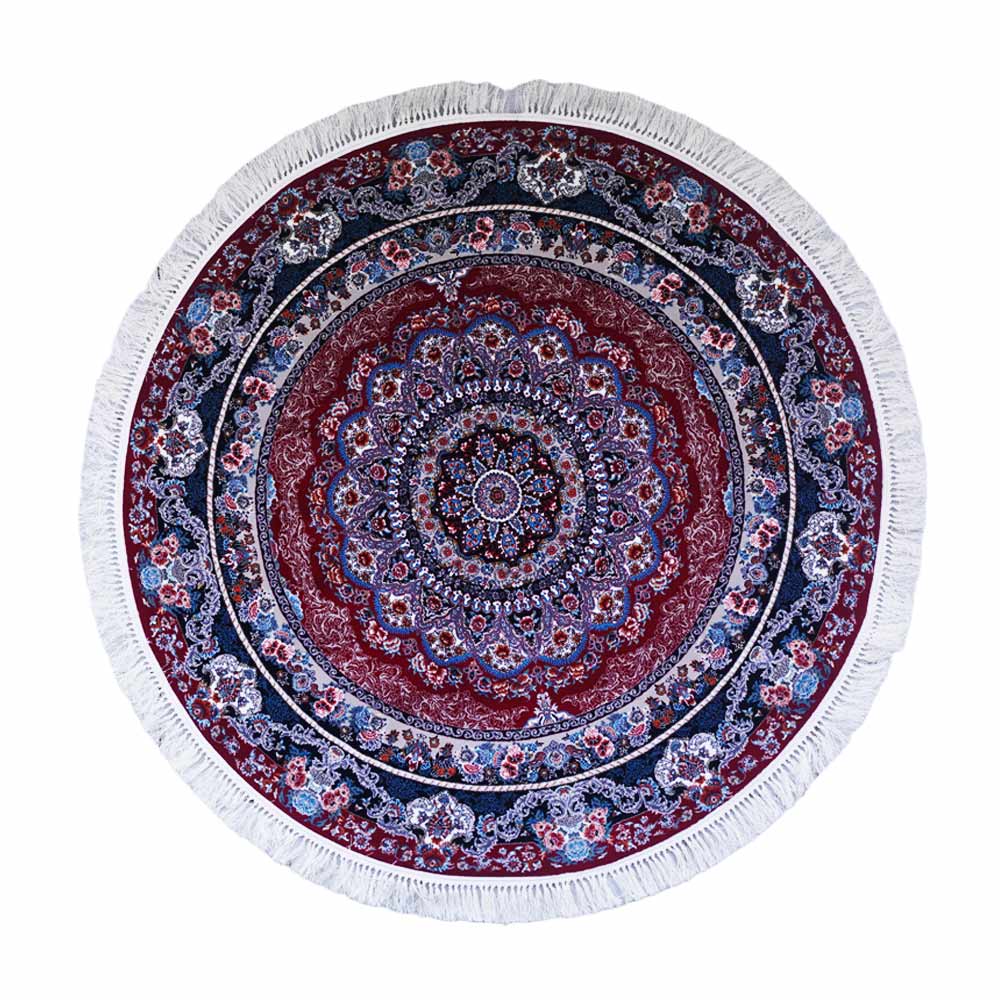

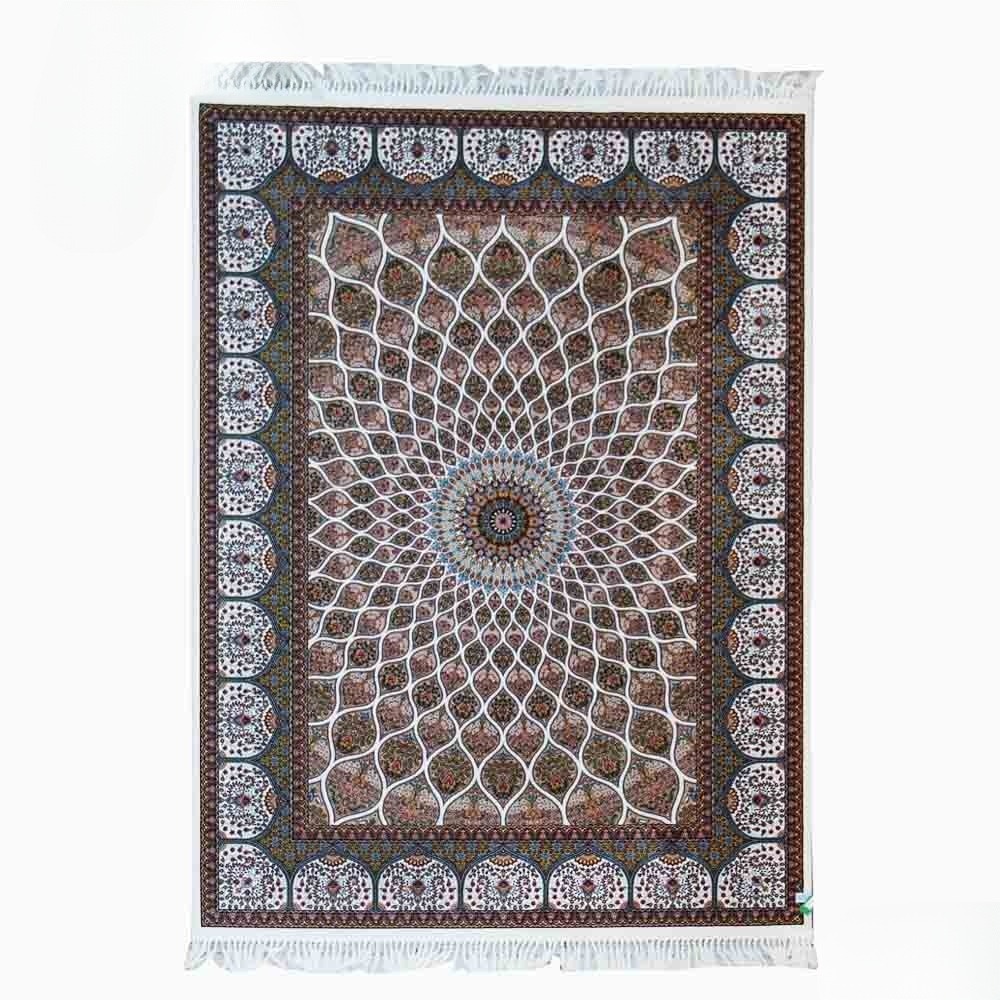



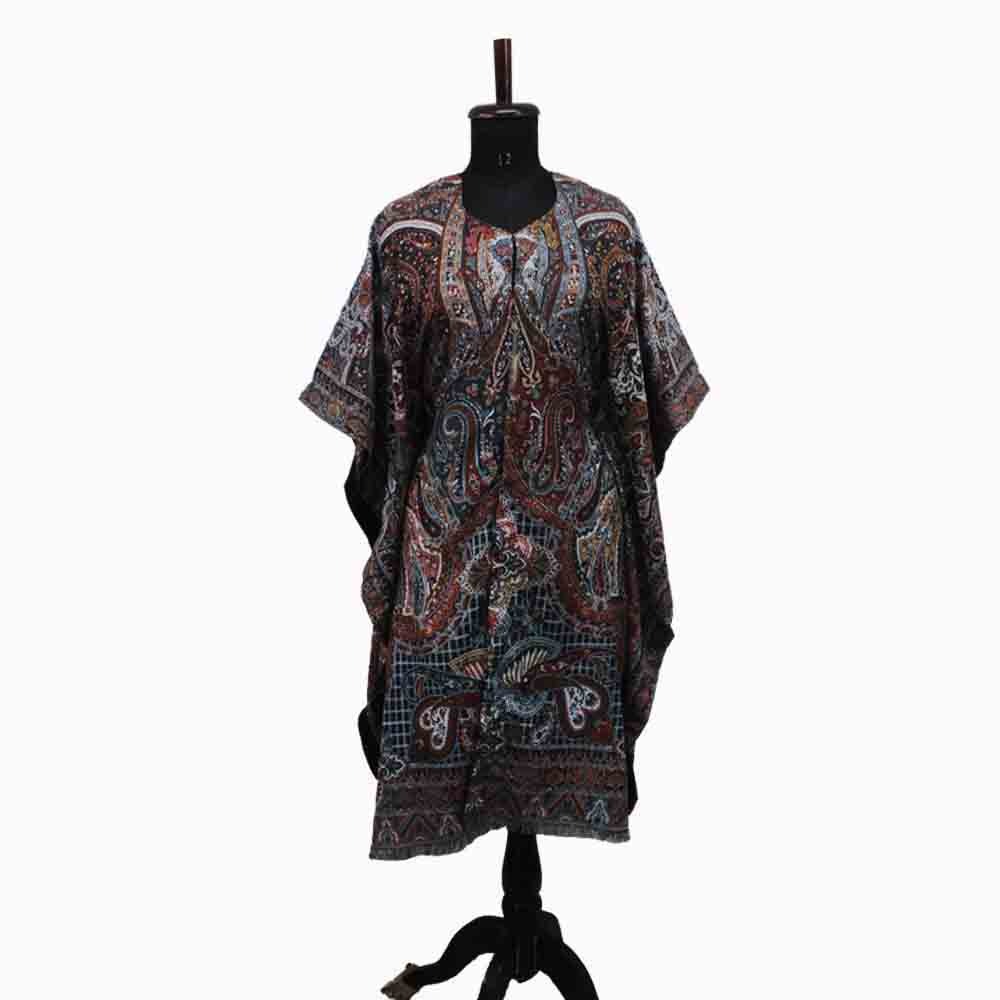





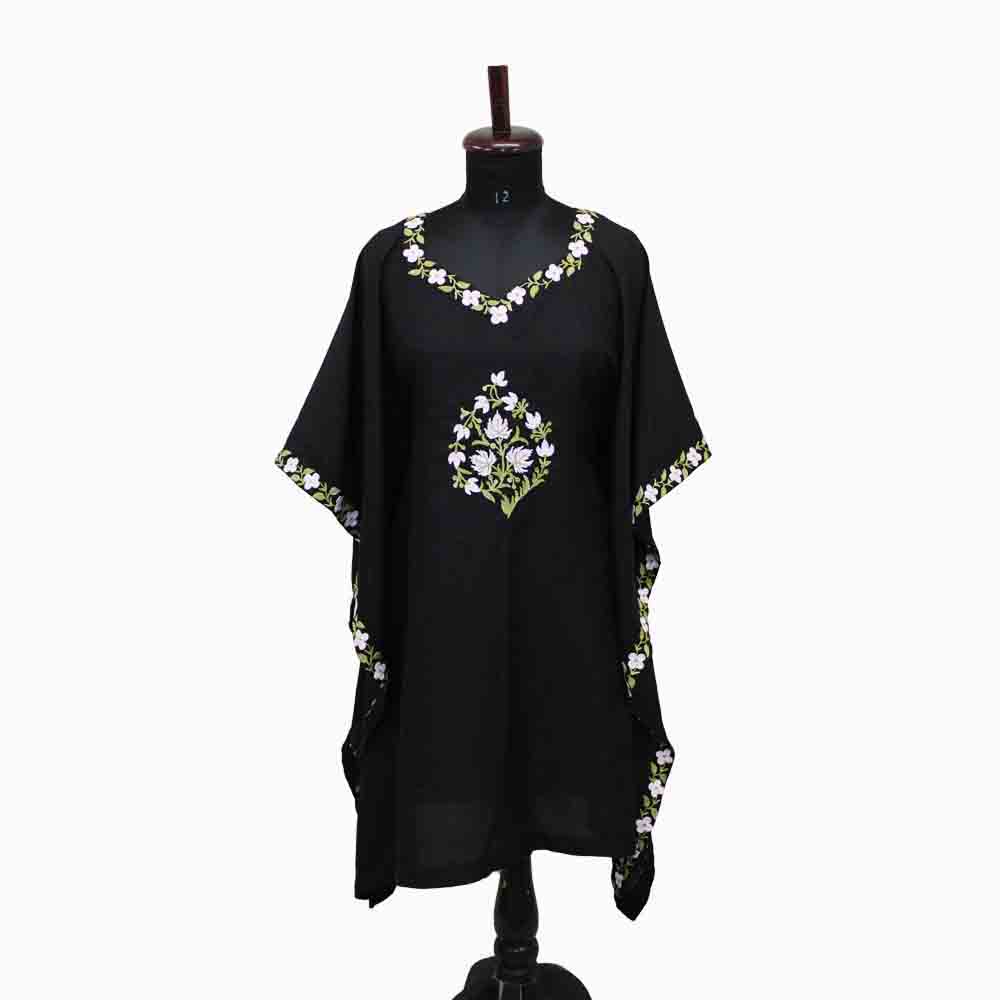

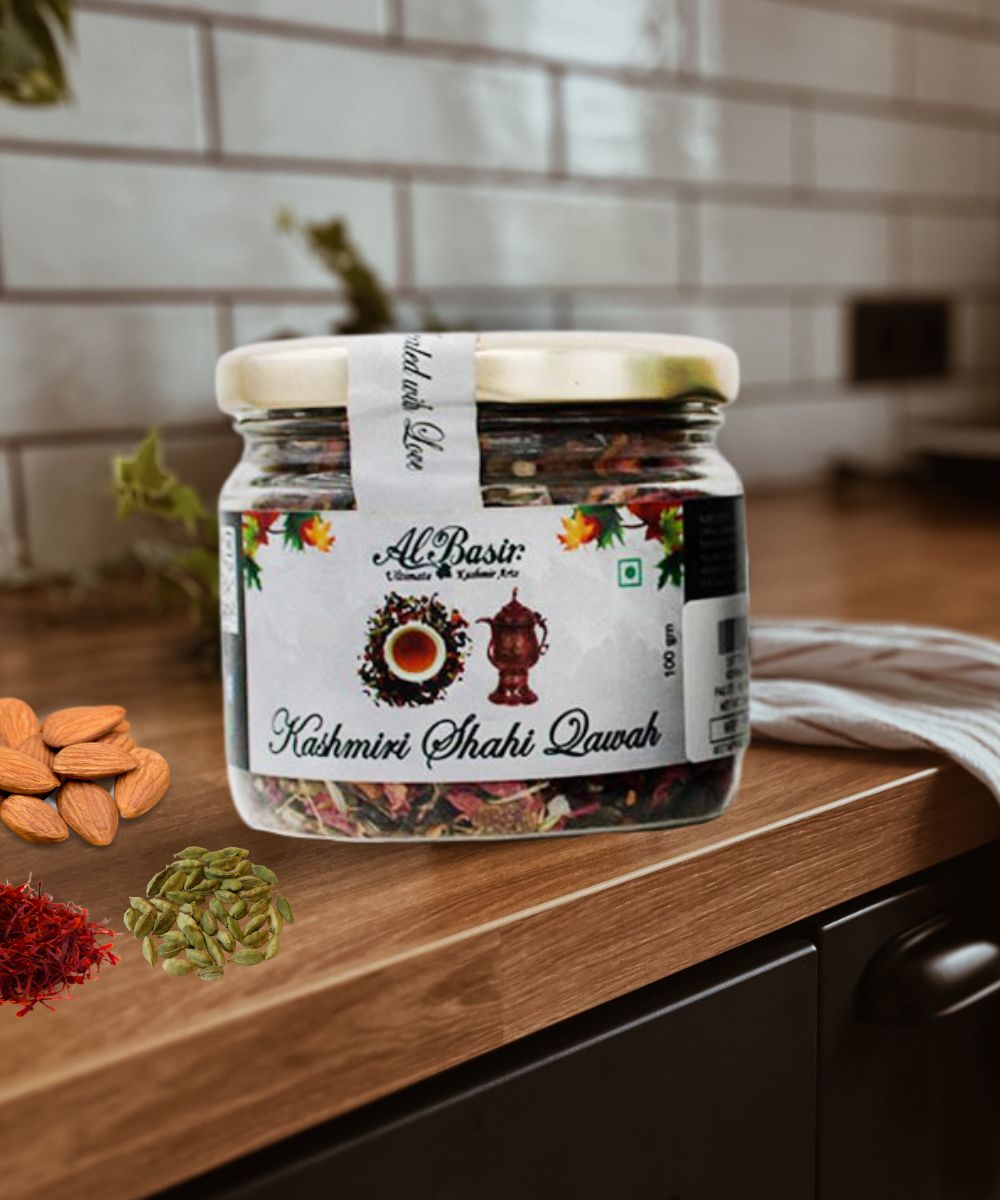


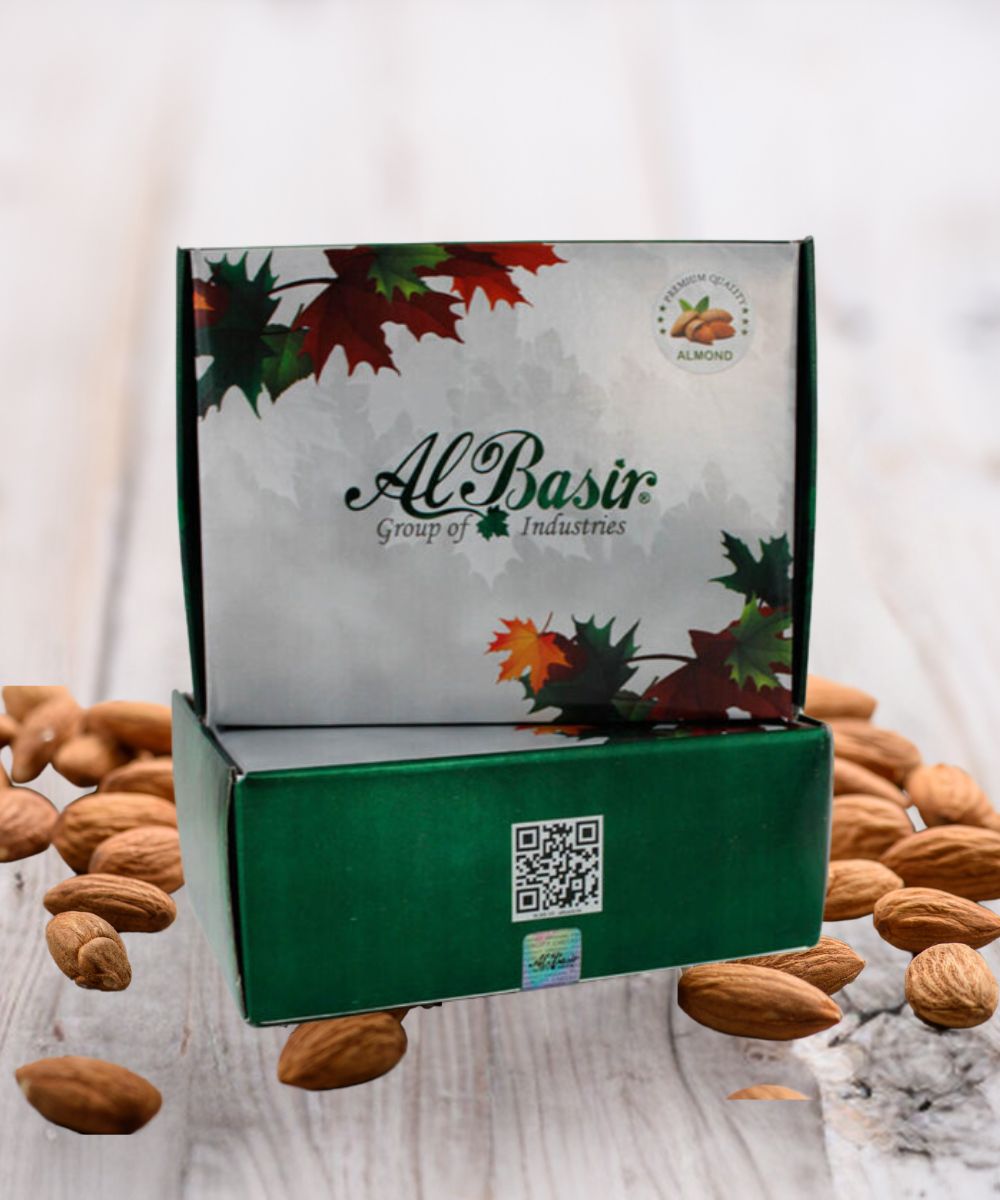
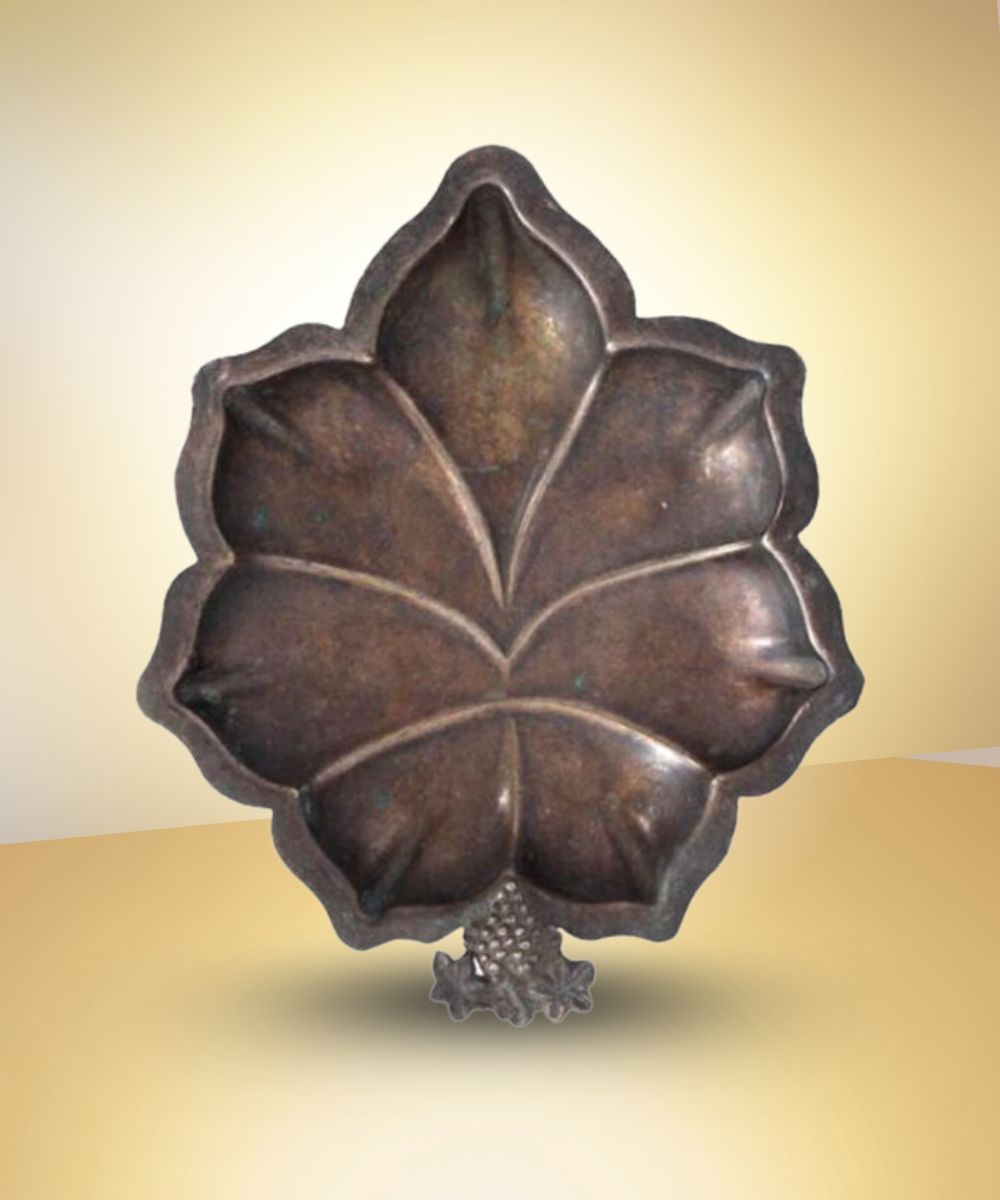
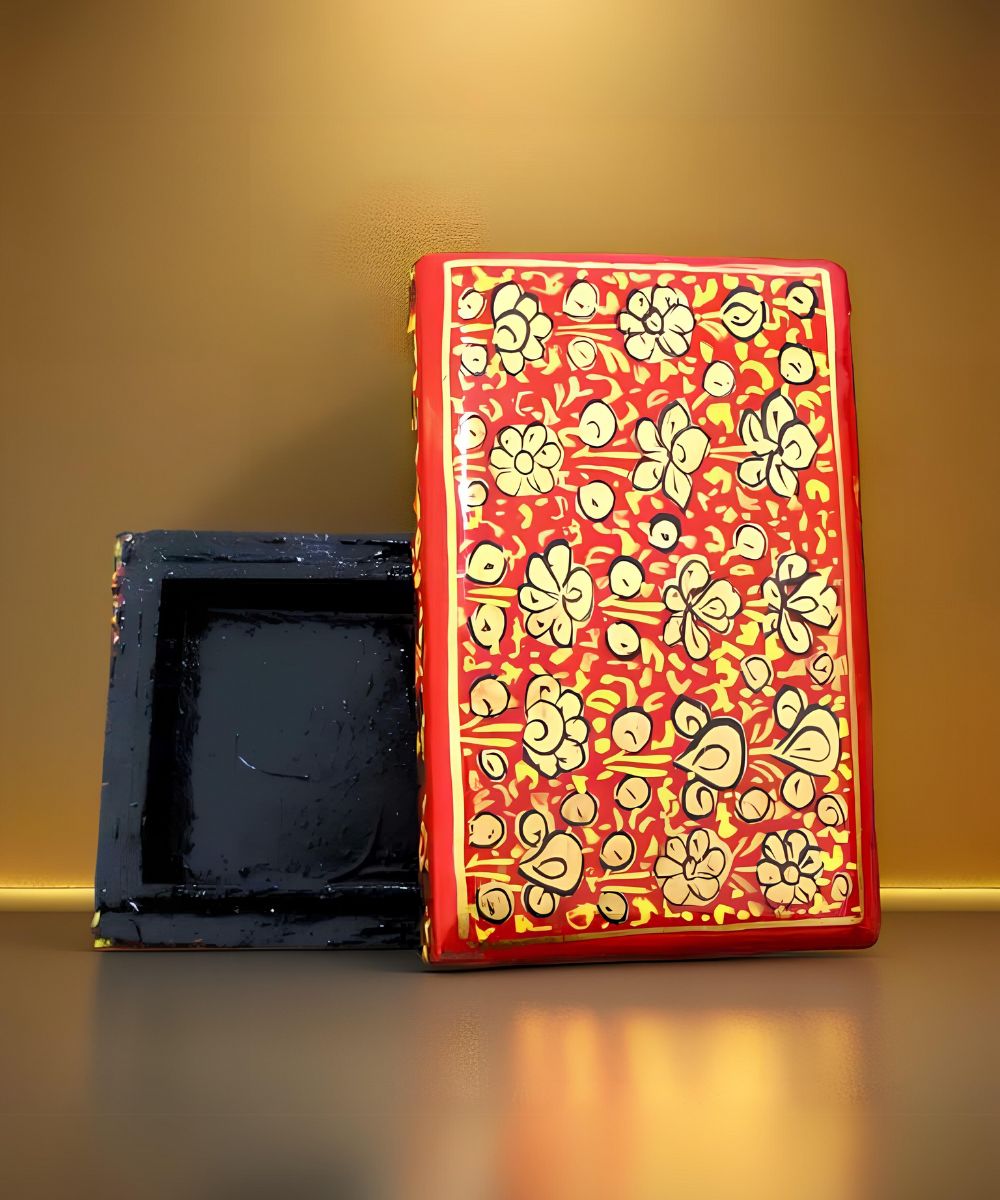
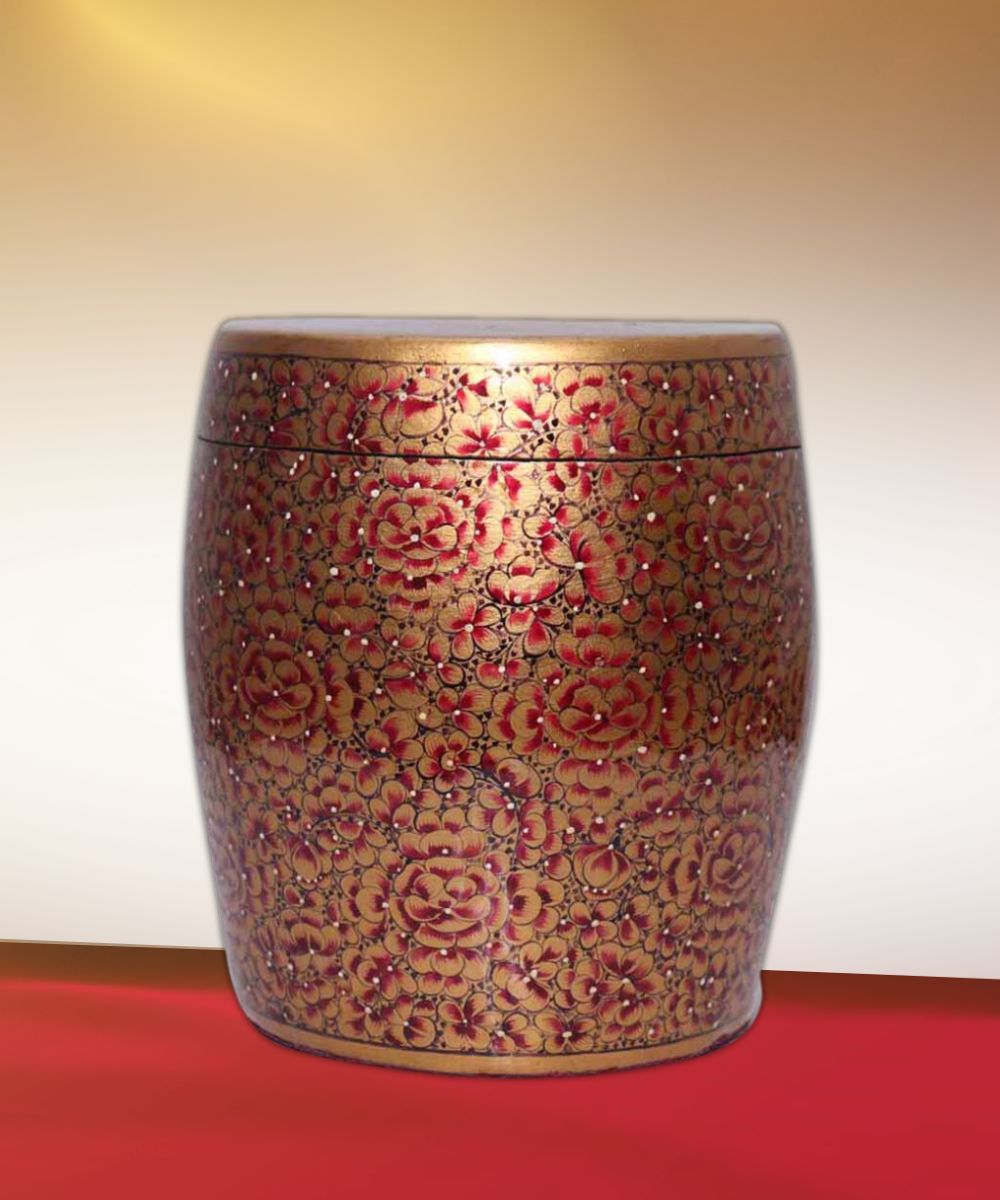
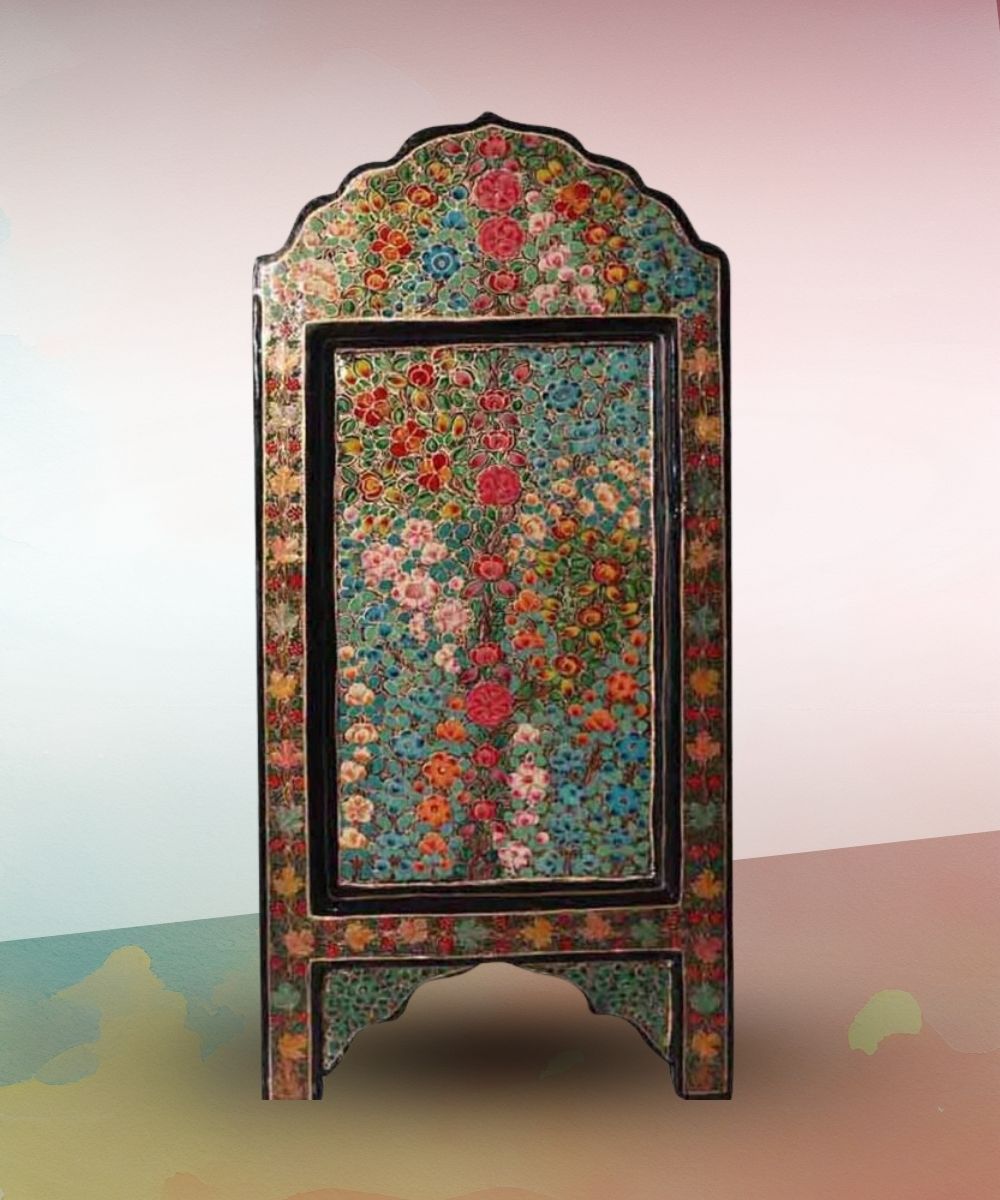
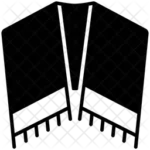



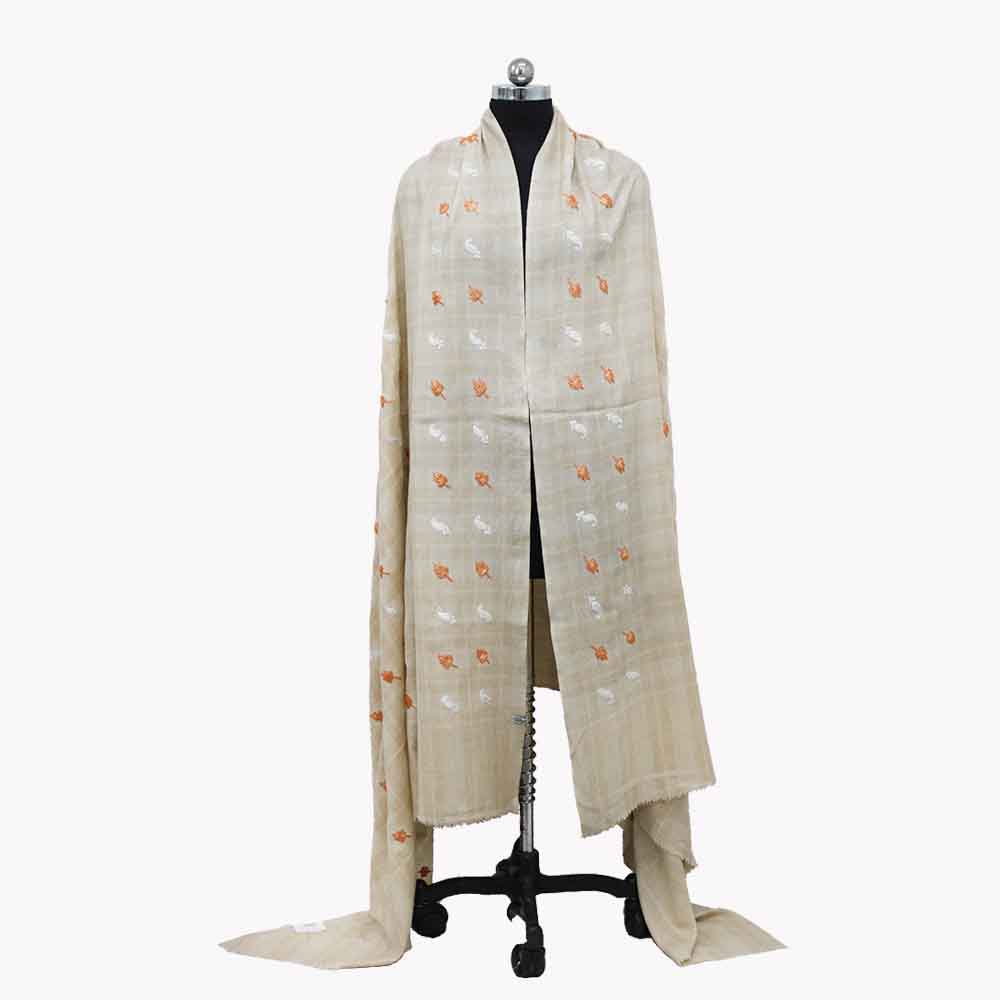





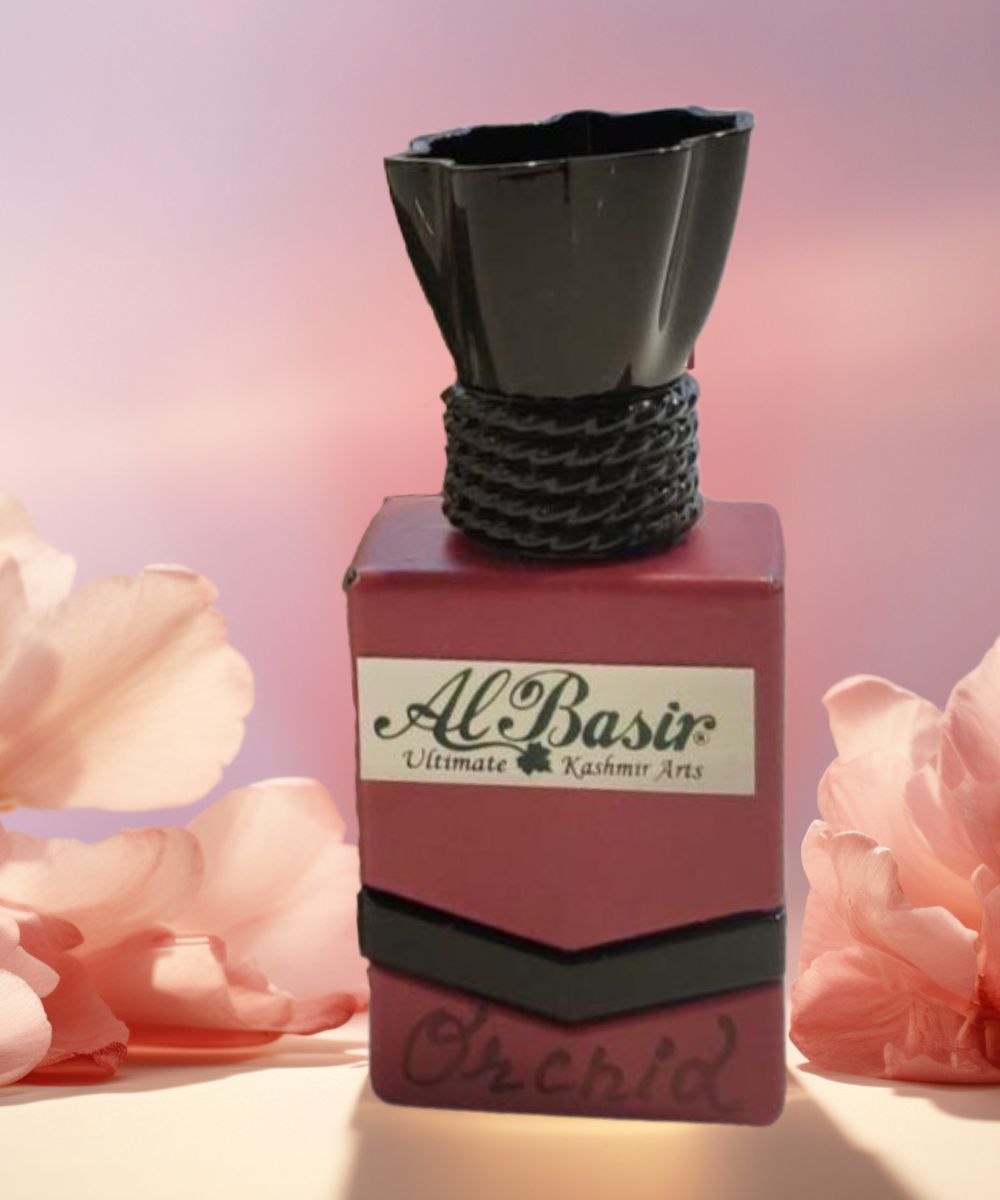

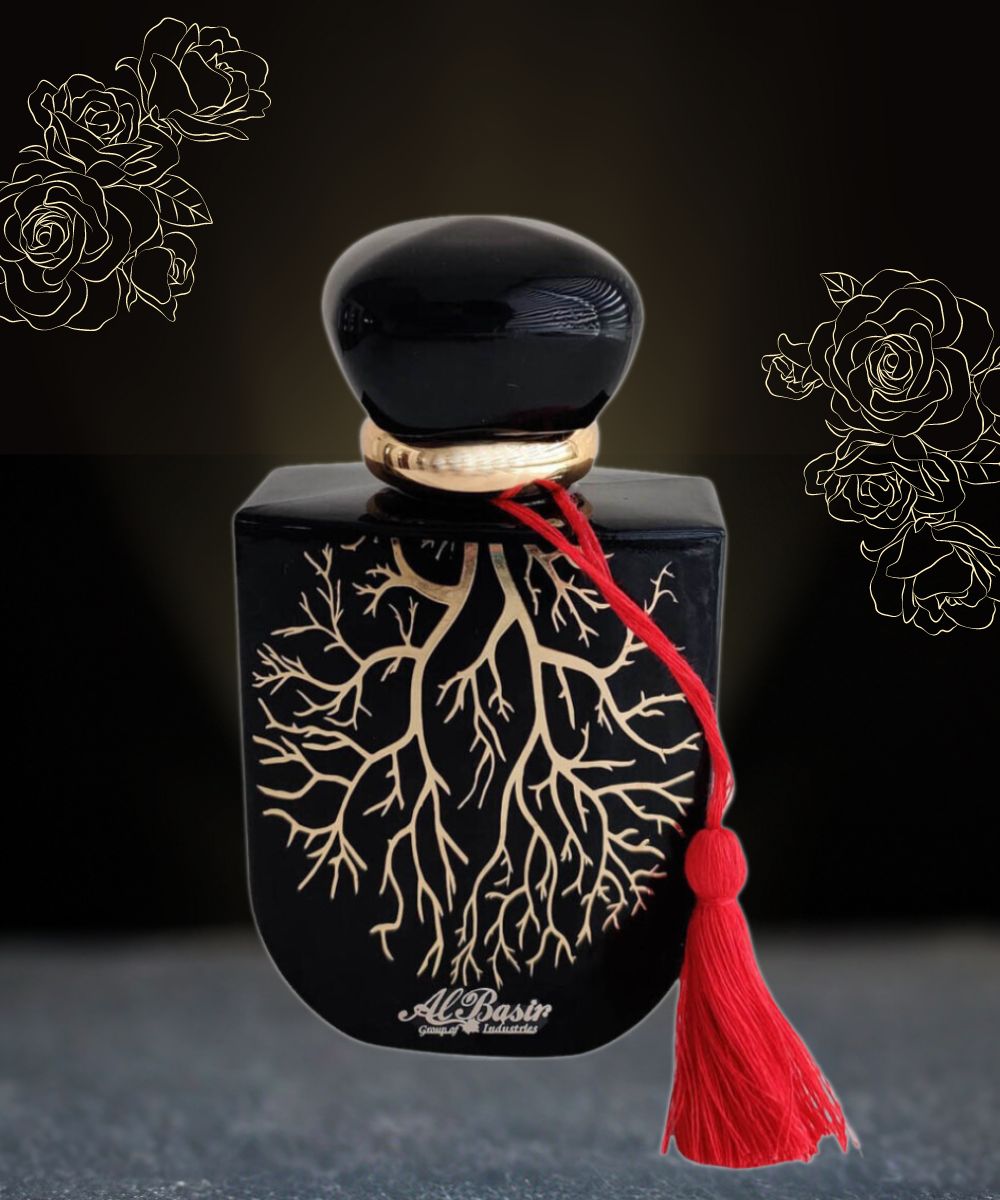
 Women
Women Home & Living
Home & Living





















































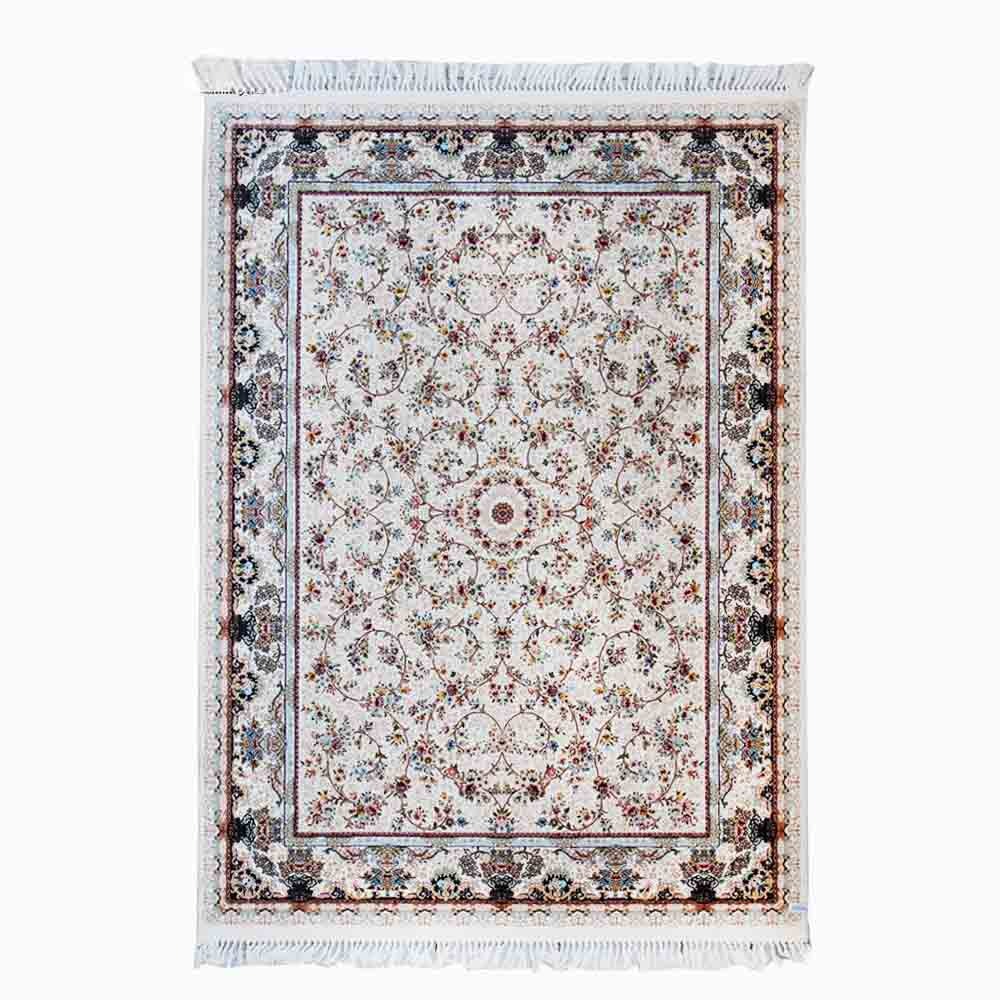


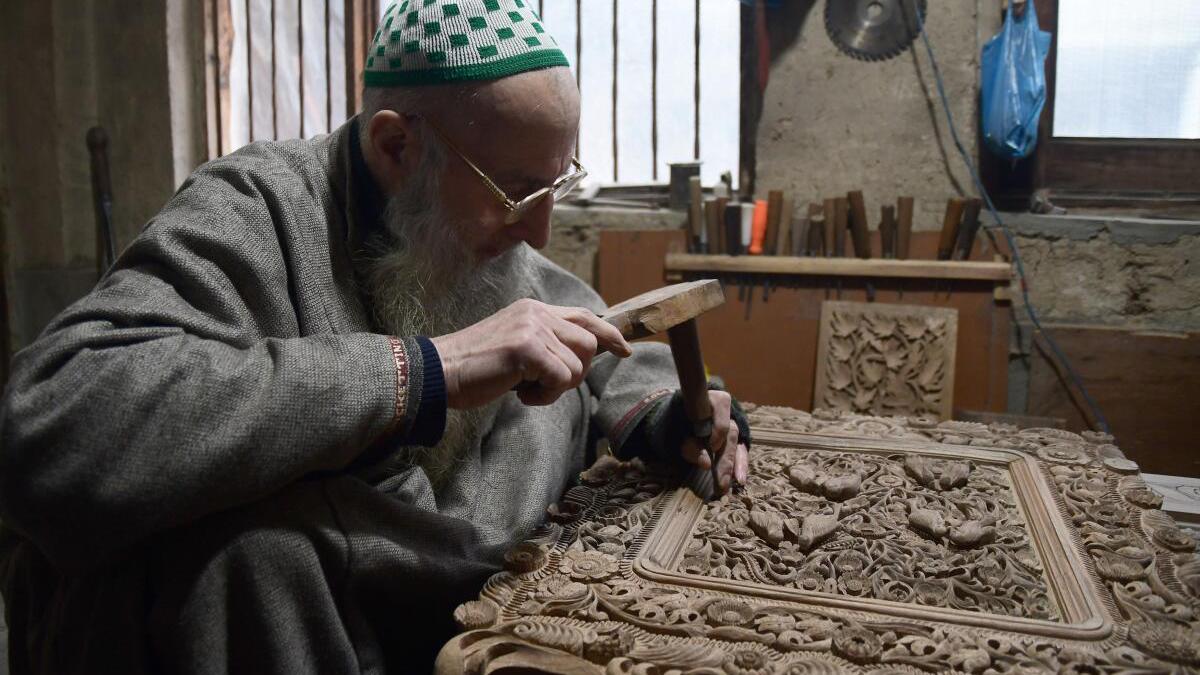

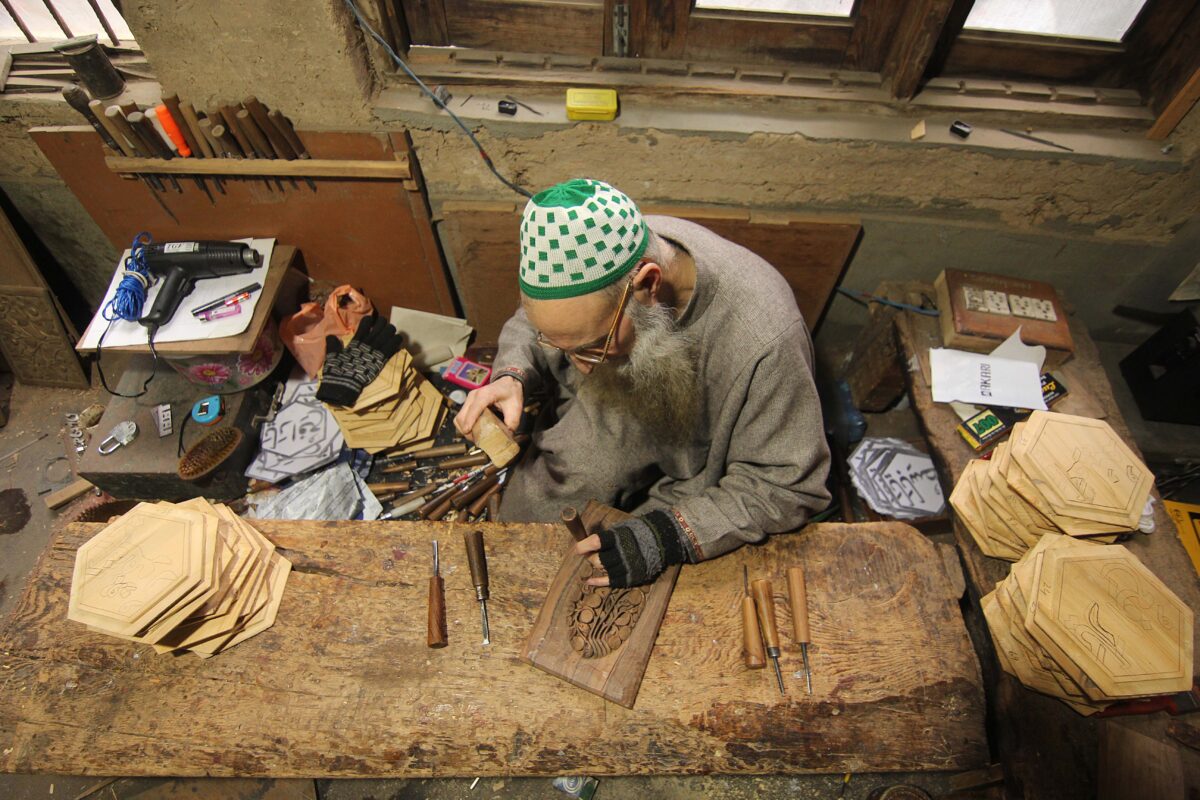
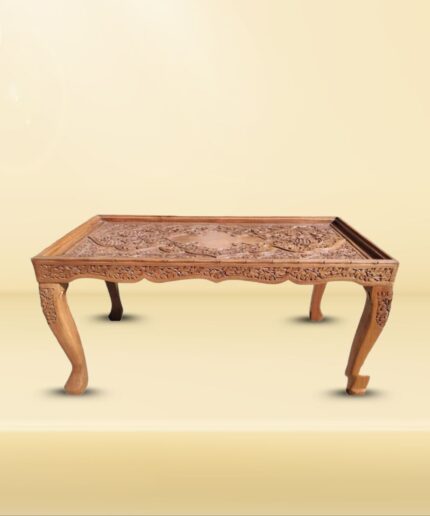
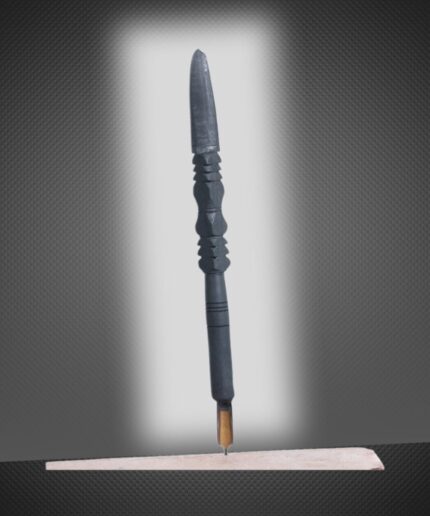
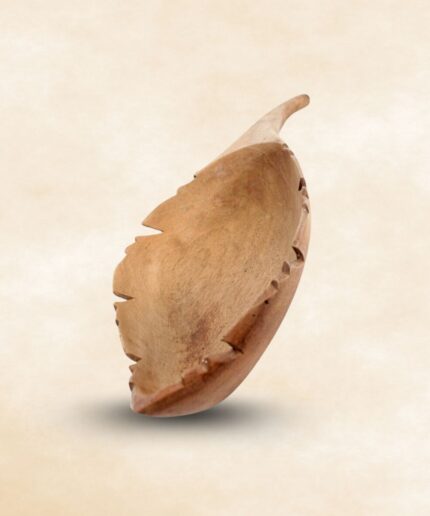
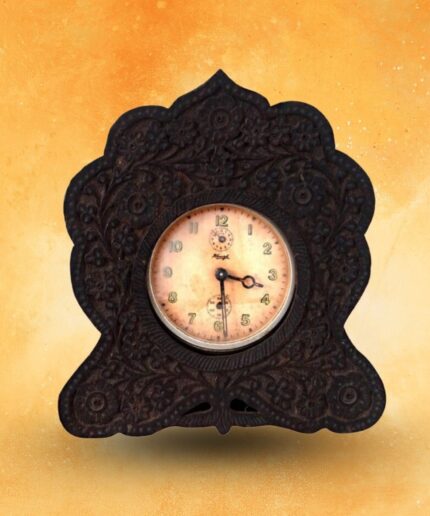
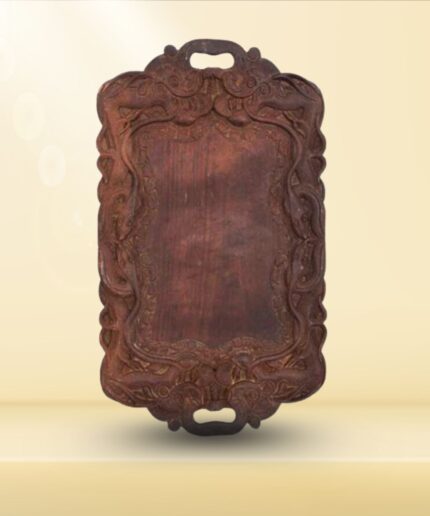
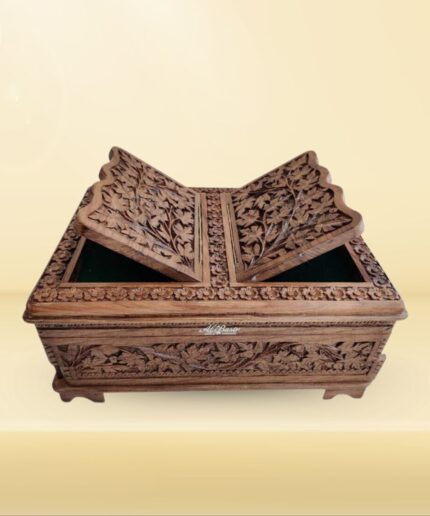






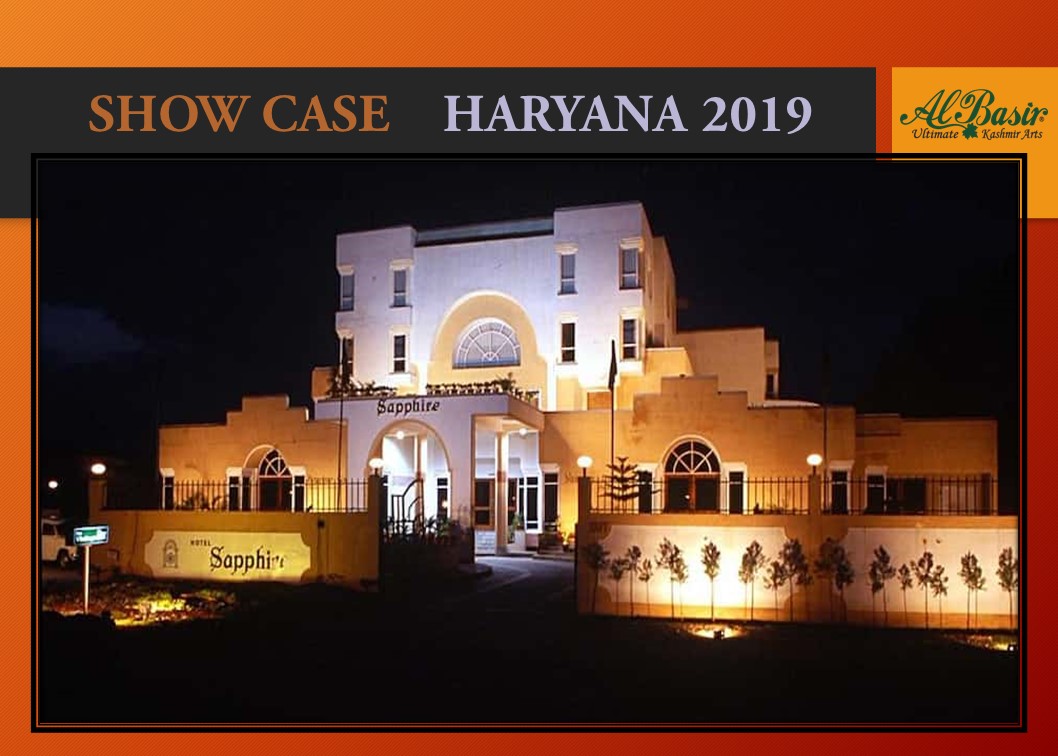



































excellent blog..
This man have golden hands